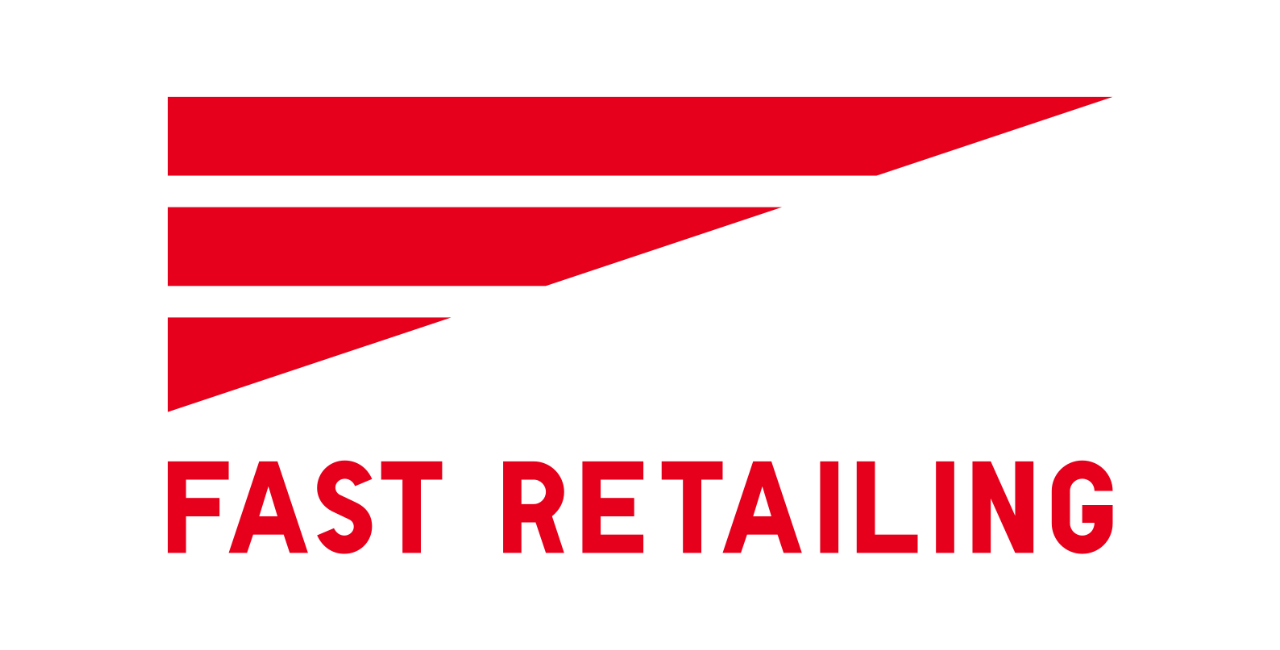Sectoral expertise
Distribution and E-commerce
The distribution market in France is vast and diverse, with many players such as supermarkets, hypermarkets, convenience stores, online shops and so on.
Although the big names dominate the sector, there are also many small local businesses.
Competition is fierce and increasingly demanding consumers have access to a wide choice of products and services.

The challenges facing the sector
Digitalisation and omnichannel
- The rise of e-commerce has transformed consumer buying habits, forcing traditional retailers to adapt.
- They not only have to develop high-performance online sales platforms, but also manage the associated logistics (delivery, stock management, product returns).
- The integration of different sales channels (physical and digital) has become essential. Consumers want a coherent and consistent experience, whether they buy online in-store or via mobile applications. Managingomnichannel sales involves significant logistical and technological challenges.
Responsibility to meet the sector’s challenges
- Take account of price inflation in different markets, while remaining competitive
- Guarantee the rapid or even urgent availability of sometimes vital products, by deploying appropriate logistics resources, while controlling the risk of obsolescence.
- Respect the transport and storage conditions inherent in the products distributed.
Sustainability and CSR
- Consumers are increasingly sensitive to environmental and social issues.
- Retailers must respond to these concerns by adopting sustainable practices, whether in the supply chain, waste management or working conditions.
Technological innovation
- The adoption of new technologies such as artificial intelligence, blockchain, the Internet of Things (IoT), and augmented/virtual reality solutions, is essential to remain competitive.
- These technologies can improve operational efficiency and offer new opportunities for growth. Digital transformation is becoming an essential lever for meeting the needs of modern customers...
Your challenges
and our solutions
Define an appropriate, pragmatic and customer-focused strategy
- Clarify your e-commerce strategy in relation to your Omnichannel strategy, to define the company’s target structure
- Define a dynamic assortment and allocation strategy to adapt to fluctuations in demand and the product life cycle
- Draw up a detailed transformation plan, considering the financial, human and production impacts
- Support the implementation of the transformation plan with supply chain experts
Ensure a synchronised and agile IT ecosystem
- Implementing an IT network design to support omnichannel constraints
- Choosing IT tools (ERP, OMS, CRM, CMS, E-commerce platform, Marketplace, PLM, PIM, WMS, TMS, APS) to manage new physical and digital flows
Adapt operational systems to meet the challenges of omnichannel
- Implement appropriate stock planning (launch, back of shelf, promotion)
- Work on reducing costs, optimising resources, increasing productivity and improving lead times
- Sizing logistics spaces and optimising the use of resources to support growth
- Analyse the relevance of and select the resources best suited to implementing automated and mechanised flows within my organisation
- Implement new alternative modes of transport (pooling, filling, multimodal, fuel) to limit environmental impact while keeping costs down
Support the development of a circular economy
- Set up flows and services between consumers and various stakeholders to ensure product repair and maintenance, as well as recycling, in line with European directives.
- Providing stock disposal solutions while limiting the financial and environmental impact and material loss (CtoC approach, returns management, etc.).
- Reduce carbon impact by proposing alternative solutions (slow delivery, volume consolidation, collection points, etc.).
Among our references
A major player in the mass retail sector
S&Op process definition

International transport decarbonisation strategy diagnosis

Requirements analysis and ERP RFP

Logistics network design

Distribution logistics network design

Relieving the load on logistics platforms
Use Case


European logistics network design
Our involvement
- Definition of new ways to better manage life cycles (launch, end of life, management of promotions)
- Measurement of the impact on regional and local organisation to manage supply, transport and storage flows and relations with logistics service providers
The results
- Improved quality of service for shops and customers: Value-added logistics operations carried out at a regional warehouse
- Creation of a regional stock for improved availability, with a positive impact on shop service levels
- Reduction in logistics costs
- Transport consolidation
- Savings on purchases linked to the use of warehouses

A project? Contact Us
E-commerce and Omnichannel manager
Nicolas has 17 years’ professional experience in the supply chain, particularly in the agri-food, retail and logistics services sectors. Having held positions of responsibility in supply chain projects, methods and IS, he has managed numerous supply chain / IS transformation and operations performance projects in complex and demanding environments (master plan, process overhaul, omnichannel, logistics modernisation and mechanisation).